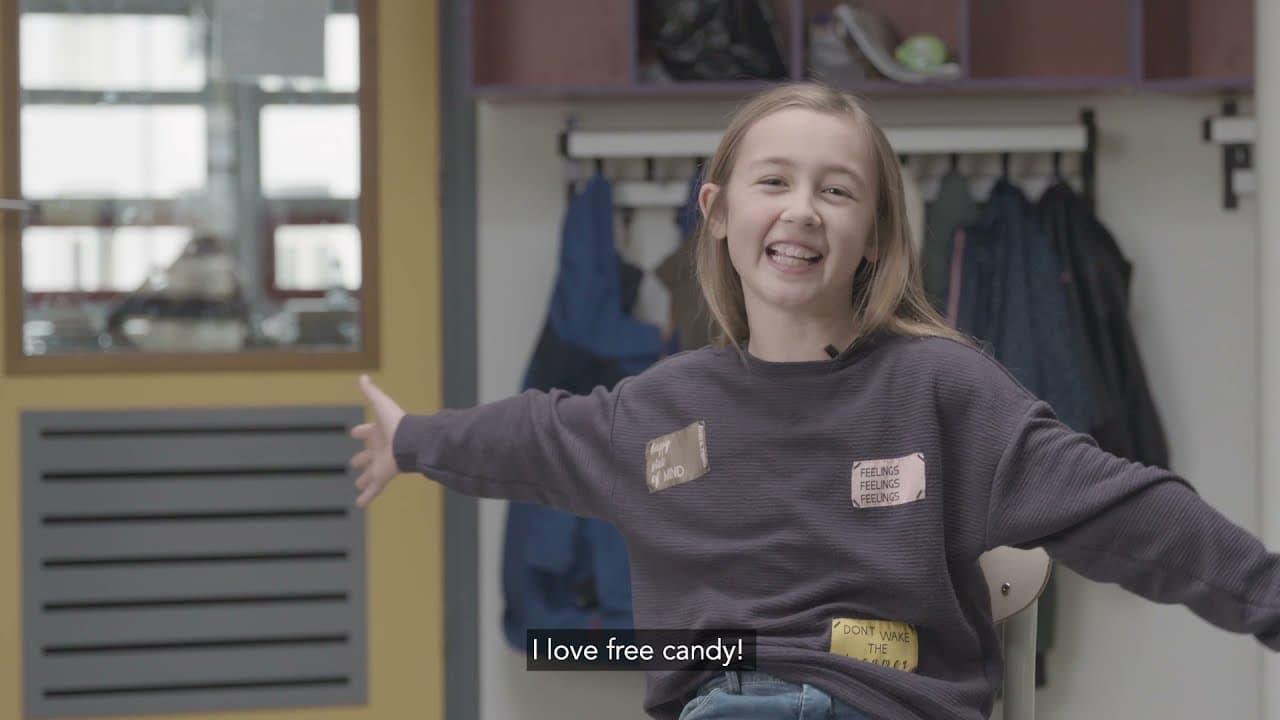
Primary school
1 April 2025

The Netherlands ranks highly in many education fields. The World Economic Forum ranked the Netherlands at third place in its list of the most educated countries in the world, and the Dutch system is listed as one of the highest performers in the Pisa/OECD rankings for 15-year-olds. The Netherlands also scores highly for equity in education opportunities, and Dutch universities typically score well in The Times Higher Education World University Rankings. Children can begin primary school after turning four and education is compulsory from the age of five.
One of the first decisions to make is whether to send your children to an international school or a Dutch school. There are several factors to consider that will affect this choice. These may include the age of your child, how long you plan to stay in the Netherlands, and your preferred curriculum. Cost may also be a factor; some international schools are partly subsidised and have annual fees of around €5,500 per child, while private international schools can cost €12,000 to €24,000 per child annually. The subsidised schools will usually have a much longer waiting list than fully private schools. Find out about choosing between a Dutch school or an international school.
Private schools are uncommon in the Netherlands and are not considered a status symbol as they are in some countries. The Dutch royal family, for example, send their children to state schools. Private schools are mostly chosen for children with additional needs or for international students who have not yet learned Dutch. In many countries, private schools are centred on a religious belief or a specific educational philosophy. The Dutch system is unique in that such schools are also state-funded.
If you choose to enrol your children in the Dutch education system, there are still choices to be made about the type of school they will attend. There are two categories of both primary and secondary schools: regular (openbaar) public schools run by the government and special (bijzondere) schools that are independently run and based on a religious or educational philosophy. All receive government funding and must follow a set of core objectives set out by the government.
Religious schools in the Netherlands may be Christian (Protestant, ecumenical or Catholic), Jewish, Islamic, Hindu or Humanist. Some of these schools will strictly follow a doctrine and expect pupils and teachers to do the same. Others, however, are much less strict. Religious schools are often open to children of any faith or no faith as long as they abide by the school’s ethos and observances.
As well as religious schools, parents can choose between regular state-run schools and independent schools that follow philosophical or pedagogical principles. They all follow the Dutch curriculum but adopt specific teaching and learning methods. The most common types in the Netherlands include:
Watch our video to learn more about primary schools in the Netherlands and the Dutch way of learning. (Article continues below).

Secondary education in the Netherlands is divided into different levels depending on a student's academic potential. The three main levels of secondary education are:
The choice of which level of secondary school a student attends depends on the recommendation of their teacher in their last year of primary education (group 8) and their score in a national test that all group 8 pupils take. It’s important to consider what type of approach fits a child’s abilities and interests, and not automatically assume that VWO schools offer the ‘best’ education because they are the most academically focused. HAVO or VMBO schools may deliver better educational results for students who thrive on a more practical approach. If, however, you feel your child is academically inclined but is being held back by a lack of Dutch language skills, a Kopklas may be a good option. This is a one-year extension of primary school and gives international students more time to improve their Dutch.